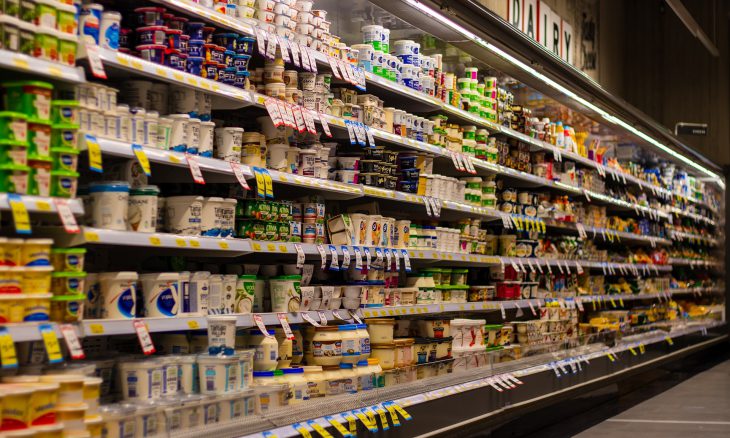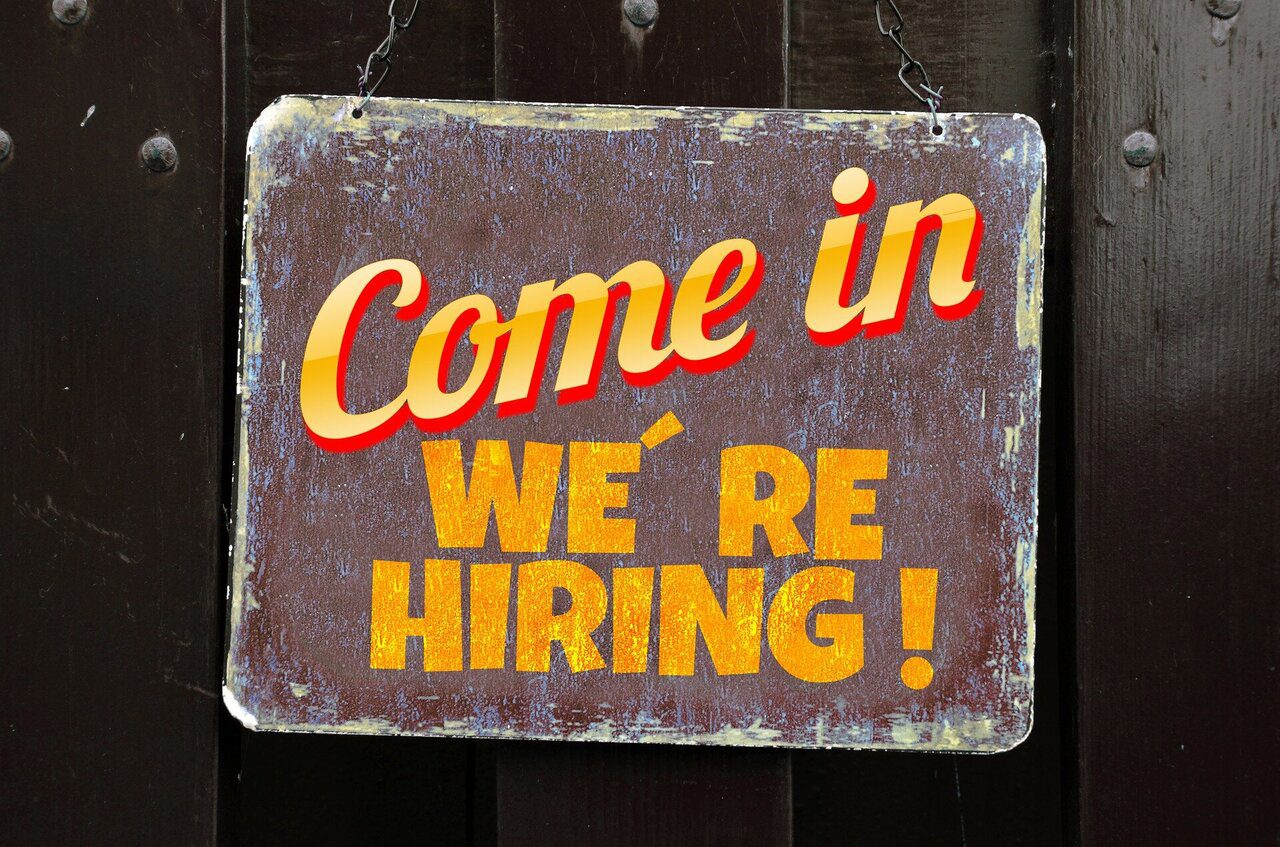Are Americans being outpriced for everyday essentials of daily life in our struggling economy?
PRAY FIRST for that we always remember that God is our ultimate source of security and our hope for our future.
“And God is able to make all grace abound to you, so that having all sufficiency in all things at all times, you may abound in every good work.” – 2 Corinthians 9:8
The American Dream is a concept rooted in the idea that anyone can achieve prosperity through hard work and determination. But this can feel like an elusive goal for many U.S. citizens. Escalating costs of living, driven by inflation, have significantly hampered individuals’ and families’ financial stability. As inflation drives up the prices of essential items such as food, gas, and housing, a larger percentage of paychecks is consumed by these basic necessities, leaving little room for savings and investments.
The Impact of Inflation on Daily Life
Inflation, which measures the rate at which prices for goods and services rise, diminishes purchasing power. In recent years, the U.S. has experienced inflation rates exceeding historical norms, with recent estimates placing it around 5% annually. This increase has had a profound impact on American household budgets. For instance, the cost of food has risen sharply, with essential items like meat, dairy, and fresh produce becoming significantly more expensive. The Bureau of Labor Statistics data shows that eggs have increased in price by 138%, flour prices rose by 34%, milk is nearly 20% more expensive, and margarine and butter have increased by 43.8% and 38.5%. This data is consistent with what the Bureau of Labor Statistics says: the U.S. dollar in 2024 has only 82% of the value that that same dollar had in 2020. Put another way, to match the value of $1 in 2020, Americans have to spend $1.22 in 2024.
Among these rising costs, gas and transportation prices have surged, adding financial strain to those who commute regularly. While gas prices are high, this assumes that Americans already have a mode of transportation. The average price of a new car now exceeds $40,000. Financing a car or a home has become more challenging as interest rates rise between 5-15%, making monthly payments burdensome. In addition to the purchase price, buyers must consider the costs of insurance, maintenance, and fuel, all of which have skyrocketed in cost to inflation.
The housing market is another way to see inflation in real-time. The median price of a single-family home in the U.S. has soared and homeownership has become a seemingly impossible dream for many. Recent data shows the average price of a home in the U.S. is approximately $375,000. To afford a down payment of 20%, a prospective homeowner would need to save roughly $75,000. For many, especially those living paycheck to paycheck, this goal feels unattainable.
Legislative Measures and Their Effectiveness
Several bills and policies have been introduced to mitigate the financial strain on Americans. For example, the American Rescue Plan Act provided stimulus checks and expanded unemployment benefits to help individuals cope with the economic downturn caused by the COVID-19 pandemic. However, these measures are often temporary and may not address long-term issues of affordability and wage stagnation.
Efforts to increase the federal minimum wage, which has remained at $7.25 per hour since 2009, are ongoing. Raising the minimum wage could help workers better cope with rising costs, but the issue is contentious. Debates about its potential impact on employment and small businesses show that all possibilities and measures should be weighed to determine their effectiveness and long-term repercussions.
As candidates gear up for the 2024 election, inflation and the cost of living are hot-button issues that is on the minds of many voters. In the coming months, candidates are expected to release their policy ideas and plans to address these issues and lay out how they will work to meet the needs of the American people.
Navigating Financial Challenges as Christians
The financial challenges posed by rising inflation and living costs require a balanced approach. The Bible encourages us to be wise stewards of our resources (Proverbs 21:20) and to avoid becoming obsessed with money (1 Timothy 6:10). We are called to trust in God’s provision while also being prudent in financial planning.
Prayer is a powerful tool in navigating these challenges. We can pray to God for wisdom in managing our finances, for provision and opportunities to save and invest wisely, and for our government leaders to enact policies/measures that promote economic stability and fairness. Additionally, community support through church groups can also provide practical assistance and encouragement.
While steering through these economic challenges, we can seek God for wisdom and peace in our knowledge that He will provide and pray for just and effective governance in our nation. In this we can find a balanced approach to handling financial pressures without becoming consumed by them.
HOW THEN SHOULD WE PRAY:
— – Pray for us to trust in God’s provision and remember that He is our Provider even during times of great difficulty. And my God will supply every need of yours according to his riches in glory in Christ Jesus.” – Philippians 4:19
— Pray for our leaders and policymakers to have wisdom and compassion as they make decisions that will impact the economy and our daily lives. If any of you lacks wisdom, let him ask God, who gives generously to all without reproach, and it will be given him. – James 1:5
CONSIDER THESE ITEMS FOR PRAYER:
- Pray that we can find still find contentment in God’s word regardless of our financial circumstances.
- Pray for our communities to be able to come together in support of one another.
- Pray for us to hold on to hope and trust in the Lord and to have our hearts and minds strengthened in Him.
Sources: Bureau of Labor Statistics, New York Times, CNN Business, National Association of Realtors, Kelly Blue Book, Department of Labor, Economic Policy Institute, Congress.gov, Federal Reserve, Internal Revenue Service Brookings Insititute









